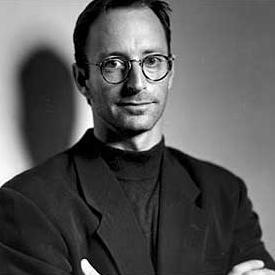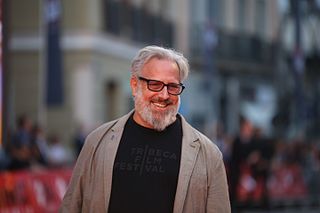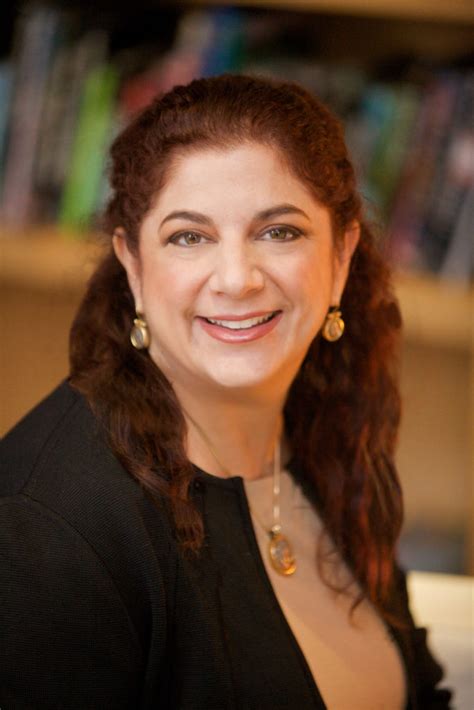A Quote by Dan Simmons
There were reprints of American editorials. Liberals saw it as a resurgence of social protest and decried the discrimination, poverty, and hunger that had provoked it. Conservative columnists acidly pointed out that hungry people don't steal stereo systems first and called for a crackdown in law enforcement. All of the reasoned editorials sounded hollow in light of the perverse randomness of the event. It was as if only a thin wall of electric lighting protected the great cities of the world from total barbarism.
Quote Topics
American
Barbarism
Cities
Columnists
Conservative
Discrimination
Editorials
Electric
Electric Light
Enforcement
Event
First
Great
Great Cities
Had
Hollow
Hunger
Hungry
Law
Law Enforcement
Liberals
Light
Lighting
Only
Out
People
Perverse
Pointed
Poverty
Protected
Protest
Provoked
Randomness
Resurgence
Saw
Social
Steal
Stereo
Systems
Thin
Total
Wall
Were
World
Related Quotes
I don't like anything unsigned in a newspaper that purports to be the opinion of some group if we don't know who the group is. It's laughable to say that The Miami Herald's editorials or any newspaper's editorials represent any views other than those of the people writing them, so why don't we tell everybody who they are?
Women represent 70 percent of the 1.3 billion people in our world who live in absolute poverty. Consequently, as Joan Holmes, president of the Hunger Project, points out, any realistic efforts to change patterns of chronic hunger and poverty require changing traditions of discrimination against women.
Where hunger is imposed by external circumstances, the act of starvation remains literal, a tragic biological event that does not serve metaphoric or symbolic purposes. It is only in a country where one is able to choose hunger that elective starvation may come to express cultural conflict or even social protest.
Those who automatically say that the social pathology of the ghetto is due to poverty discrimination and the like cannot explain why such pathology was far less prevalent in the 1950s, when poverty and discrimination were worse. But there were not nearly as many grievance mongers and race hustlers then.
Jews allow to steal lands from Palestinians, only because they are Jews, and those are Palestinian. I want to repeat it, because people here in America don't believe it. We have a new law that settlers allowed to steal private lands of Arabs and take it to Jews. This is an official law. And now they're going to ban everyone who criticize a pure apartheid law. So, in a way, it's horrific. It's only everyone who stand for civil right in the minimum level - liberals, not radical - is not allowed to Israel.
I stared at the creased map on my wall, the thin green line connecting all the places I had read about. There they were, all the cities of my imaginary future, held together with tape and marker and pins. In six months, a lot had changed. There was no thin green line that could lead me to my future anymore. Just a girl.


































